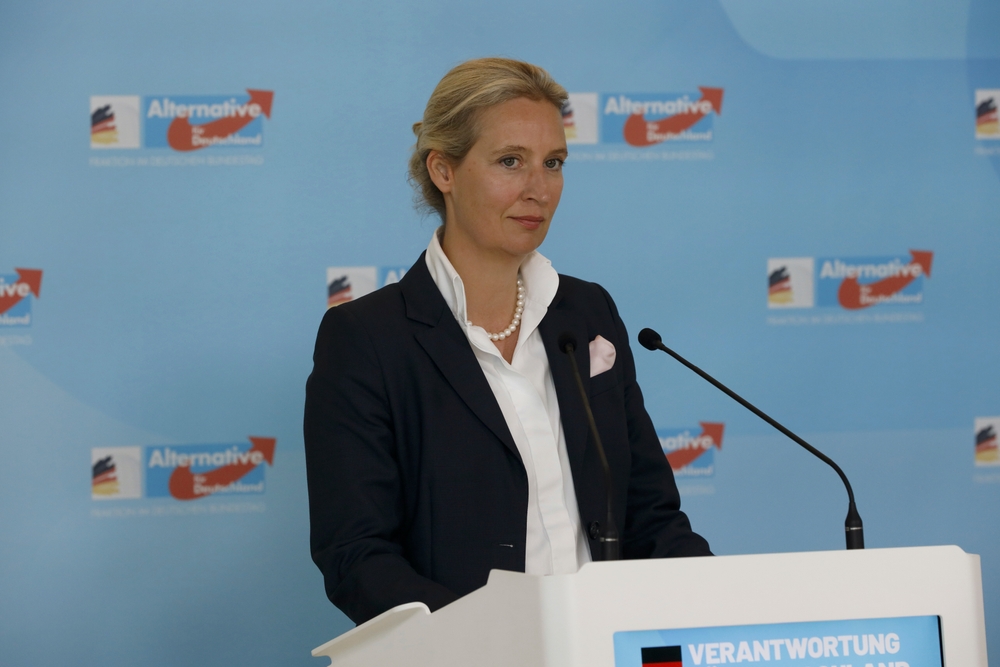Germany’s domestic intelligence agency escalates surveillance powers over the far-right party ahead of a volatile political season.
Others are reading now
Germany’s domestic intelligence agency has officially classified the far-right Alternative for Germany (AfD) party as an extremist organization that threatens the country’s democratic order, according to reports from Reuters and Politico.
The designation does not ban the party but grants the Federal Office for the Protection of the Constitution (BfV) expanded powers to monitor its activities. These include the use of undercover informants and judicially supervised surveillance of communications.
Heightened Scrutiny and Political Stakes
AfD, which came in second in Germany’s February federal elections and has topped several recent opinion polls, is now subject to the most aggressive oversight the BfV can impose short of an outright ban.
Although such a ban would require approval from Germany’s Constitutional Court and political backing from the government or parliament, the move adds serious legal and reputational weight to accusations of extremism long levied against the party.
Also read
A classified 1,000-page report, cited by public broadcaster ARD, reportedly outlines multiple violations of core constitutional principles such as human dignity and the rule of law.
According to the BfV, the party promotes an ethnic-based definition of “the people” that is incompatible with Germany’s free democratic order.
The agency said AfD seeks to exclude specific population groups—particularly those of Muslim and immigrant backgrounds—from full societal participation.
Legal Justification and Political Fallout
“The conception of ‘the people’ based on ethnicity and descent predominates within the party and is incompatible with the democratic constitutional order,” the BfV stated.
This ideology, the agency added, leads to “the denigration and demonization” of individuals and groups, inciting “irrational fears and hostility.”
The move comes just days before conservative leader Friedrich Merz is set to be sworn in as Germany’s new chancellor, amid ongoing debates on how to confront AfD, now the most prominent opposition force in parliament.
While AfD’s youth wing and regional factions have previously been labeled extremist, this is the first time the entire party—with national parliamentary representation—has received that designation in modern German history.
Some analysts warn that the ruling could unintentionally boost the party’s popularity, validating its claims of being persecuted by the “establishment cartel” of mainstream political forces.


